Workshop AIrTonomy
Speakers
September 11-12, 2024 | Purdue University
Featured Speakers
Workshop Speakers
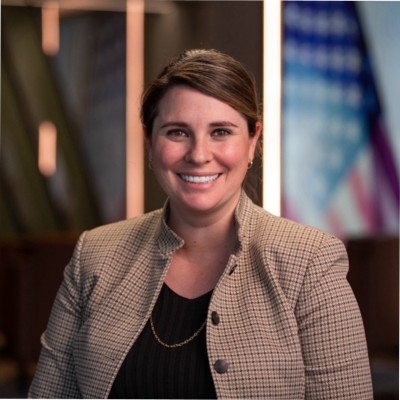
Julia Allen
Chief Technology Officer, SAAB, Inc.
Bio: Dr. Julia Filiberti Allen serves as Chief Technology Officer for Saab, Inc., a wholly owned U.S. subsidiary of the leading Swedish defense and security company with an enduring mission to help nations keep their people and society safe. As part of the Chief Strategy Office, she is focused on the introduction of Artificial Intelligence, Machine Learning and Autonomous Systems across Saab’s portfolio. Dr. Allen has developed autonomy algorithms that have swam underwater and flown in space; her dissertation research in Explainable AI focused on increasing trust in and transparency of “black box” machine learning systems through neural network activation pattern analysis. Dr. Allen also served in technical leadership positions at BAE Systems FAST Labs, The Johns Hopkins University Applied Physics Laboratory, and the U.S. Army National Guard. She concurrently holds an Adjunct Associate Professor appointment with the Purdue University Elmore Family School of Electrical and Computer Engineering. Dr. Allen is a graduate of the University of Maryland (Ph.D., Mechanical Engineering), The Johns Hopkins University (M.S., Applied and Computational Mathematics), and Dickinson College (B.S., Mathematics).
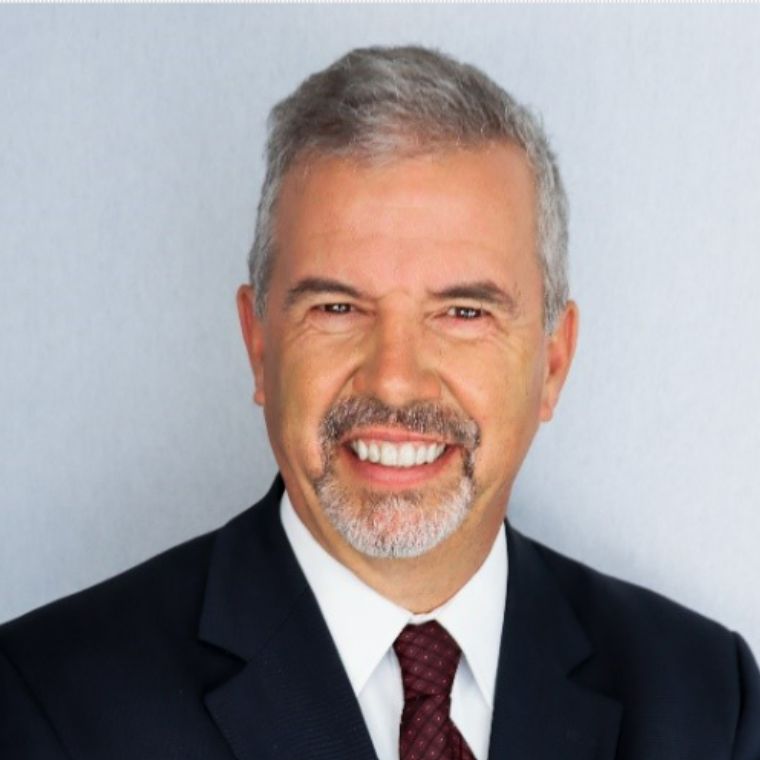
Gerald Charlwood
VP, SAAB Airborne Systems
Gerald Charlwood is currently Head of the Strategic Portfolio Office with the responsibility of Saab Inc. technology strategy across all five operational divisions.
Jerry has 38 years’ experience in the defense industry filling various leadership roles for the last 20 years of his career. He was named CTO for Saab Inc. in August 2020. His career focus has been in development and deployment of naval weapon and combat systems, navigation products for all domains, advanced active electronically steered technologies and radar systems, and joint Command and Control systems. Today, he is focused on developing, strategies, technology roadmaps, new products and forging new collaborations with partners supporting all of the Saab Inc. lines of business.
He holds a Bachelor degree in Electronic Engineering from Wentworth Institute of Technology; Boston, MA.
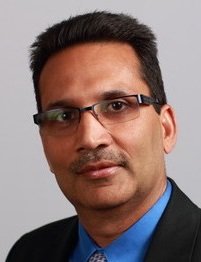
Vipin Chaudhary
Department Chair, Computer and Data Sciences Department
Kevin J. Kranzusch Professor, Computer and Data Sciences Department, Case Western University
A veteran of High-Performance Computing and AI, Dr. Chaudhary is currently the Kevin J. Kranzusch Chair Professor and Chair of Computer and Data Sciences at CWRU.
Previously, as Program Director at National Science Foundation, he co-led the National Strategic Computing Initiative and was in the working group of the Quantum Leap Initiative, National Quantum Initiative, National Artificial Intelligence Research Institutes, and the I-Corps Program.
Dr. Chaudhary co-founded Scalable Informatics, a leading provider of analytics solutions. Previously, he was the CEO of Tata CRL, a global HPC cloud and solutions leader before selling it to Tata Consulting Services. Earlier, at Cradle Technologies, he developed multi-processor chips and software for media applications and served as Chief Architect at Corio Inc., which had a successful IPO in 2000.
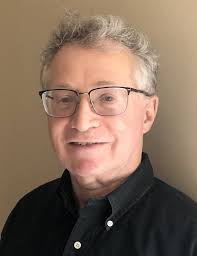
David Corman
Program Director leading Cyber Physical Systems (CPS), Smart and Connected Communities (S&CC), and CIVIC Innovation Challenge Programs for the National Science Foundation
Dr. David Corman joined NSF in 2013 and is the Program Director leading Cyber Physical Systems (CPS), Smart and Connected Communities (S&CC), and CIVIC Innovation Challenge Programs for the National Science Foundation.
The CPS program is a cross-disciplinary and inter-agency program across all application domains including autonomous systems, manufacturing, energy, civil and mechanical engineering, and agriculture. The goal of the Smart and Connected Communities(S&CC) program is to strongly support research and activities that will improve understanding of smart and connected communities that enable sustainable change to enhance community functioning. Whereas S&CC looks to develop foundational research, CIVIC looks to accelerate the transition of the research through community partnership and impactful pilots.
He previously worked for McDonnell Douglas / Boeing in a variety of research positions, including as chief scientist in the Network Systems Technology for Boeing Research and Technology.
Dr. Corman holds a dual BS degree in System Science and Mathematics and Applied Mathematics and Computer Science and a dual MS degree in SSM and Mechanical Engineering from Washington University in St. Louis. He holds a PhD in Electrical Engineering with a major in controls and minor in communications and applied mechanics from the University of Maryland.
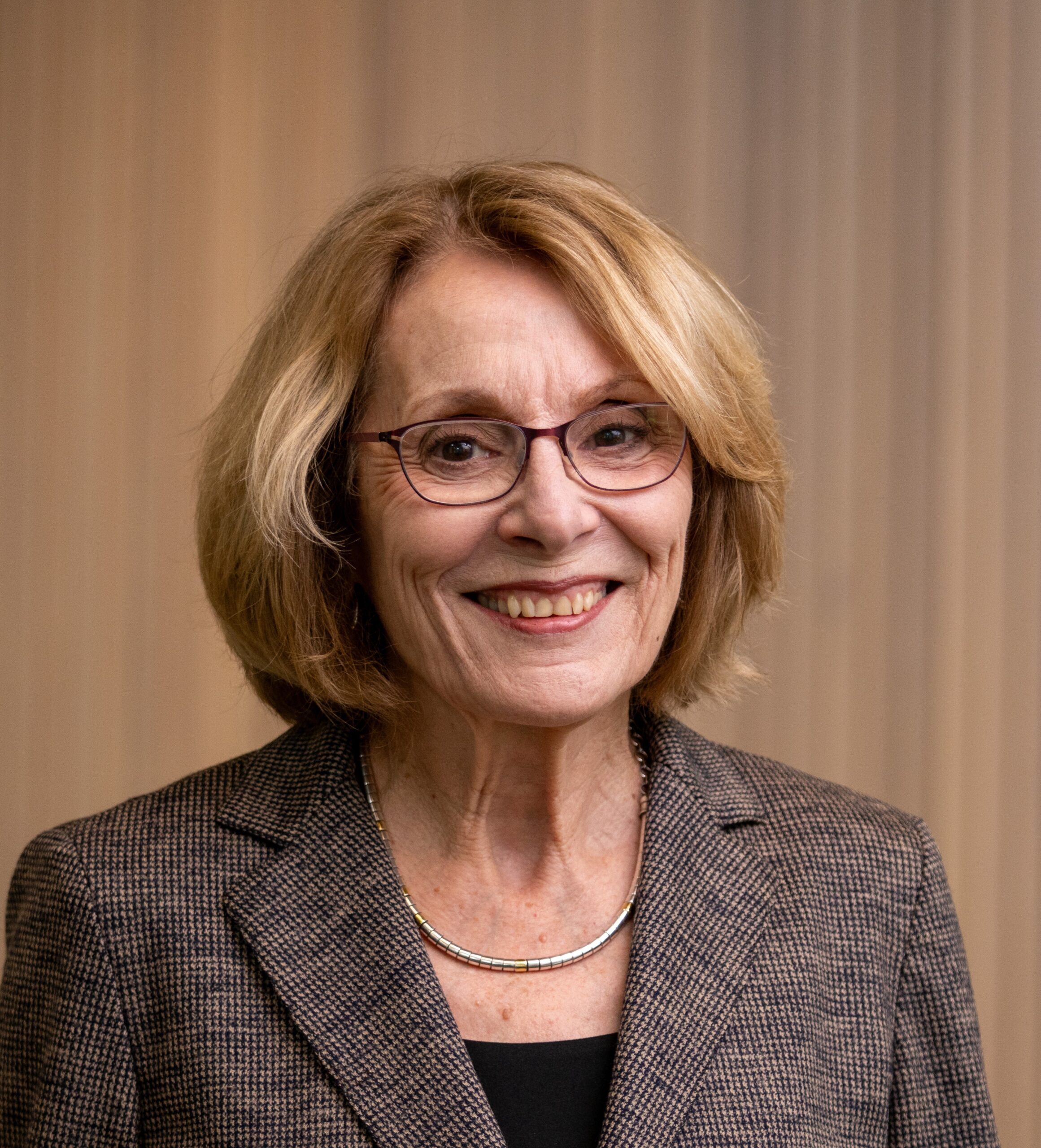
Melba Crawford
Professor in Civil and Construction Engineering, Agronomy, and Electrical and Computer Engineering, Nancy Uridil and Francis Bossu Professor at Purdue University
Melba Crawford is the Nancy Uridil and Francis Bossu Professor at Purdue University, where she is a professor in Civil and Construction Engineering, Agronomy, and Electrical and Computer Engineering. Previously, she was an Engineering Foundation Endowed Professor in Mechanical Engineering at the University of Texas at Austin, where she founded an interdisciplinary research and applications development program in space-based and airborne remote sensing. Her research at Purdue focuses on development of methods in signal and image processing for multi-modality data and their application to agriculture, forestry, and environmental monitoring. She is currently co-leading a joint initiative between the Purdue colleges of agriculture and engineering to develop sensing technologies and analysis methodology for high throughput phenotyping of row crops.
Dr. Crawford is a Fellow of the IEEE, Past President of the IEEE Geoscience and Remote Sensing Society, and a former IEEE GRSS Distinguished Lecturer. She received the GRSS Outstanding Service Award in 2020. In recognition of her technical contributions, Dr. Crawford received the IEEE GRSS David Landgrebe Award for research advances in image analysis (2021) and the IEEE Mildred Dresselhaus Medal (2023).
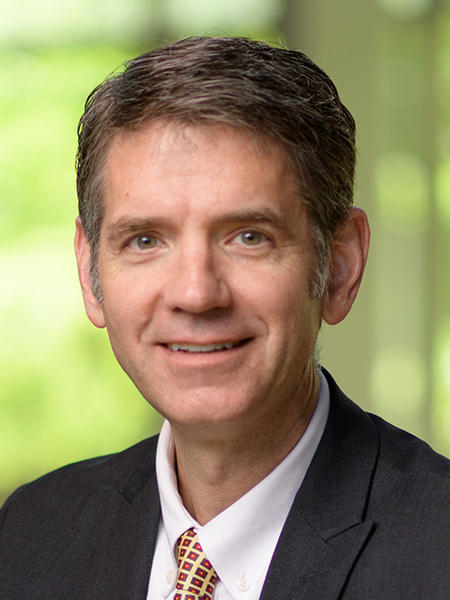
William A. Crossley
Head of School of Aeronautics and Astronautics, Purdue University
William A. (Bill) Crossley is a Professor of Aeronautics and Astronautics at Purdue; he has been a faculty member since 1995. He is also the Director for the Partnership to Enhance General Aviation Safety, Accessibility and Sustainability (PEGASAS), the FAA’s Center of Excellence for General Aviation.
Bill earned his BSE (Aero) in 1990 from the University of Michigan, and he worked at McDonnell Douglas Helicopter Systems while earning his MS (1992) and PhD (1995) in Aerospace Engineering via the Arizona State University Industrial Fellows Program.
At Purdue, Bill has received School, College and University-level teaching awards. He received the College’s Leadership Award in 2016, participated in the 2016-17 Big Ten Academic Alliance Academic Leadership Program, and is part of the 2018-19 Purdue Insights Forum. Bill is an Associate Fellow of the American Institute of Aeronautics and Astronautics and served the AIAA Aircraft Design Technical Committee chair. He is an Executive Committee member for the Council of Engineering Systems Universities and currently serves as Past-chair. Bill led the formation of the System of Systems Signature Area at Purdue and is currently a member of the Purdue Systems Collaboratory leadership team.
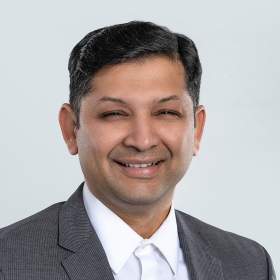
Karthik Dantu
Associate Professor, Department of Computer Science and Engineering, School of Engineering and Applied Sciences, University of Buffalo

Nick Gunady
Founder and CEO, Aerovy
Nick Gunady is the Founder and CEO of Aerovy, a startup that spun out of his research under Dr. Dan DeLaurentis at Purdue in the School of Aeronautics and Astronautics. Nick graduated with his BS and MS in Aero/Astro Engineering from Purdue.
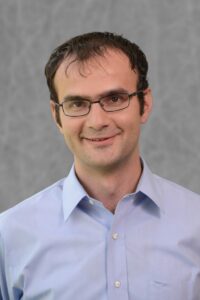
Ismail Guvenc
Professor at Department of Electrical and Computer Engineering, North Carolina State University, AERPAW
Dr. Ismail Guvenc (Fellow, IEEE) received his Ph.D. in electrical engineering from the University of South Florida. He has been with Mitsubishi Electric Research Labs, DOCOMO Innovations, and Florida International University. He has been with the Department of Electrical and Computer Engineering at North Carolina State University since 2016, and serving as a Full Professor since 2020.
His recent research interests include 5G wireless systems, communications and networking with drones, and heterogeneous wireless networks. Dr. Guvenc is an inventor/coinventor of over 30 U.S. patents.
He is the PI and the director for the NSF AERPAW project and the NC State site director for the NSF BWAC I/UCRC center. He is an IEEE Fellow, a senior member of the U.S. National Academy of Inventors, and a recipient of several awards
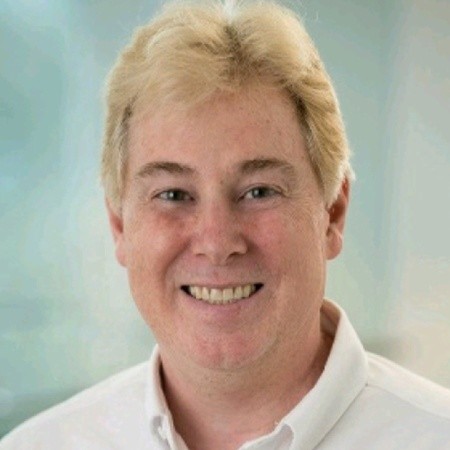
Iain Galloway
Mobile Robotics Domain Lead, NXP Semiconductors
Iain Galloway is a member of the Systems Innovation team within the CTO organization of NXP Semiconductor (NXPI, NASDAQ). Iain is the Drone and Rover Program lead, working from the Austin Texas office. He has over 25 years of experience in systems design and in the semiconductor industry.
He works at coordinating across all NXP Business units to provide reference solutions for small autonomous vehicles using appropriate Microcontrollers, Microprocessors, Secure Element and Authentication, Digital networking, sensors interface and RF power components to support the current and future needs of the growing drone industry.Iain is a strong supporter of open source, and the Linux foundation DroneCode.org, of which NXP is a member. He is leading the NXP Drone team in preparing the HoverGames Drone, a complete low cost PX4 starter-drone reference kit, and a series of drone hardware and software coding competitions.
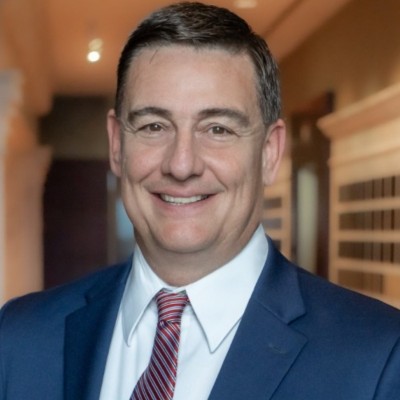
Chris Jaynes
CEO, 34 Lives, PBC
Chris has spent his 30-year career disrupting services and products in medical device niche markets. He founded 34 Lives in 2021, backed by a Kidney X Award from the US Department of Health & Human Services, the Centers for Medicare & Medicaid, and the National Kidney Foundation.
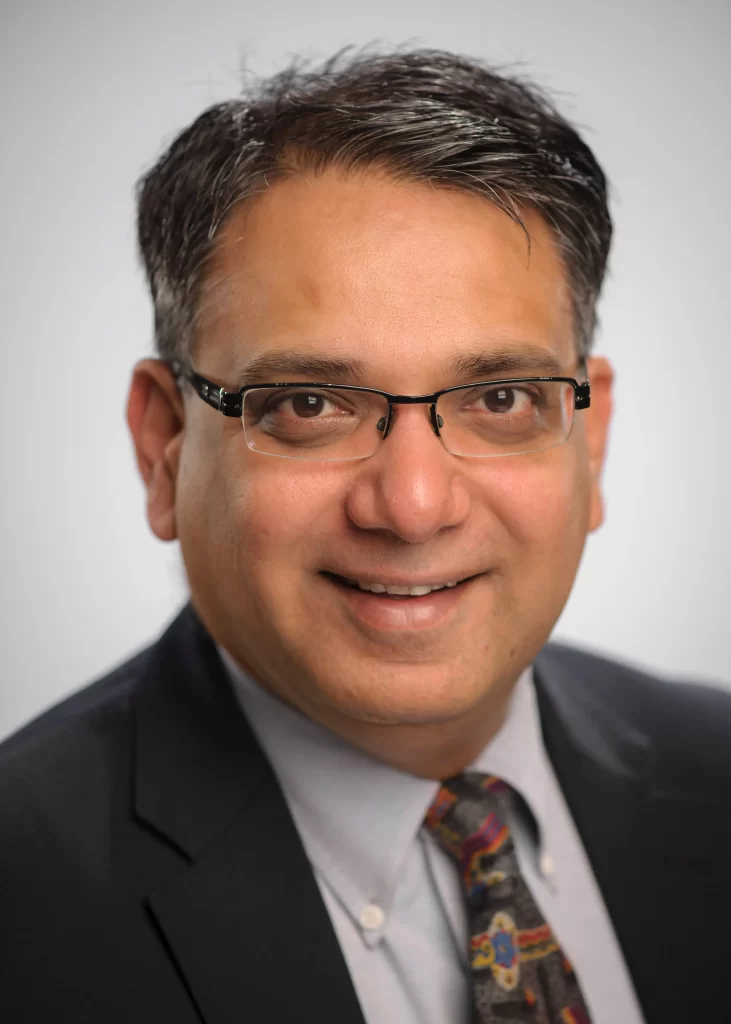
Parimal Kopardekar (PK)
Mission Integration Manager for the Advanced AIr Mobility (AAM) Mission
Parimal Kopardekar (PK) is the Advanced Air Mobility (AAM) Mission Integration Manager at NASA. While PK will continue his current duties as the director of the NASA Aeronautics Research Institute (NARI), this appointment will allow for additional focus of PK’s expertise on the AAM mission, with the coordination of ARMD wide activities supporting the AAM mission goal of developing a validated AAM system architecture that defines a safe, certifiable, and scalable AAM system.
PK serves as a senior leader and advisor for the Aeronautics Research Mission Directorate with a focus on airspace operations and integration including unmanned aircraft systems, advanced air mobility, wildland fire management, autonomy, and future airspace operations. In this capacity, he is responsible for exploring new trends, research areas, collaborations, and partnerships relevant to aeronautics enterprise.
Recently, he co-led a comprehensive needs assessment study for wildfire mitigations. He invented Unmanned Aircraft System Traffic Management to safely enable large-scale drone operations at lower altitudes, which is now adopted globally. PK was named among the 25 most influential people in the drone industry.
He holds a PhD from University of Cincinnati and a MS from University at Buffalo in Industrial Engineering, and a Bachelor of Engineering from University of Bombay in Production Engineering.
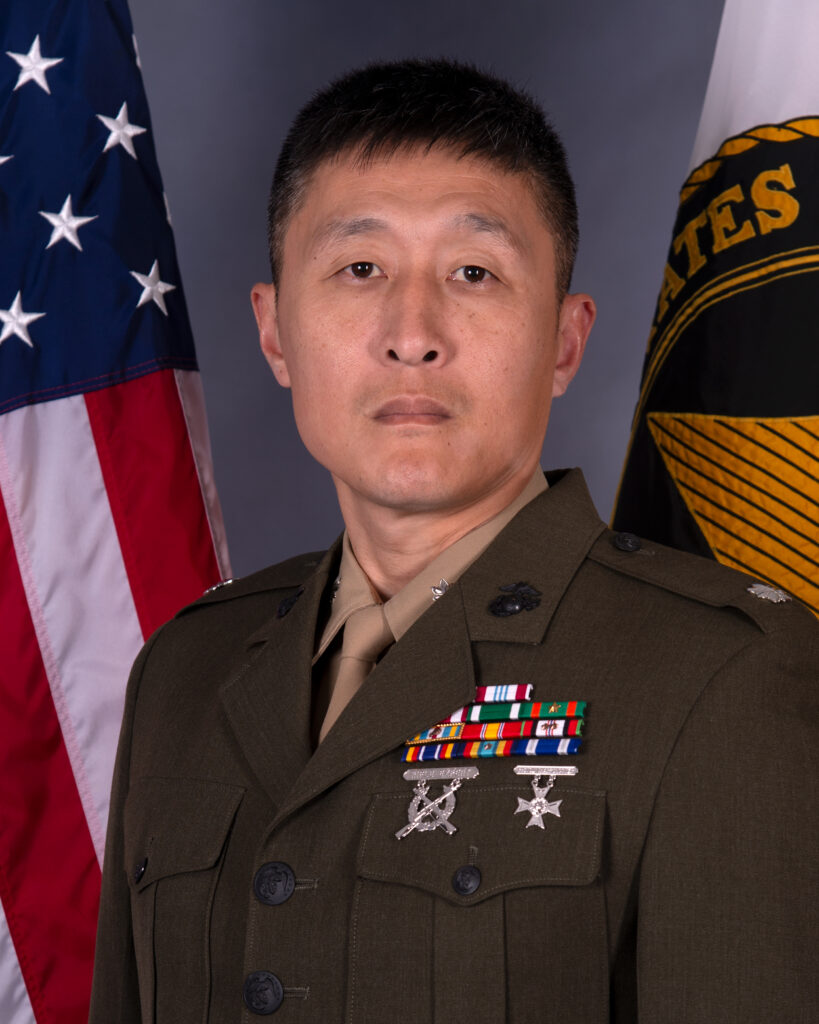
Lieutenant Colonel Ho K. Lee
PM Unmanned Systems Autonomy & Interoperability
PEO SOF Digital Applications
SOCOM – SOF AT&L
Bio: Lieutenant Colonel Ho Lee is currently the Program Manager for Unmanned Systems Autonomy & Interoperability at SOCOM SOF AT&L. Throughout his career, LtCol Lee held numerous joint, operational and staff roles. He completed two combat deployments to Afghanistan in support of OEF as the Officer In Charge of a Command & Control Remote Radio Team and as the Executive Officer and Operations Officer for NATO Training Mission-Afghanistan Security Assistance Office. His assignments also included a tour at HQMC Programs & Resources as a Defense Systems Analyst for all USMC Manpower, Operating Force, Training, and Investment programs. LtCol Lee entered the Acquisition Workforce following his assignment as the Operational Test Project Officer for the Common Aviation Command and Control System at Marine Corps Operational Test and Evaluation Activity where he led the first Integrated Test for a Major Automated Information System during a live operational exercise. For his accomplishments he was awarded the Military Tester of the Year in 2014 by the National Defense Industrial Association.
LtCol Lee has over 20 yrs of experience in Aviation Command & Control and leading rapid acquisition programs. LtCol Lee developed and fielded the first Counter UAS systems for the Marine Corps and established the first Counter UAS program of record – Marine Air Defense Integrated System (MADIS). Based on his experience and accomplishments with MADIS, he was selected to stand up a new program at SOCOM SOF AT&L for unmanned systems autonomy & interoperability. His previous Acquisition assignments include Military Deputy for Program Executive Officer Land Systems Ground Based Air Defense – Ground/Air Task Oriented Radar Program Office; Product Manager for GBAD Future Weapons System; Deputy PM for Naval Air Systems Command – Naval Air Traffic Management Systems Program Office for Shore Air Traffic Management Systems; Program Manager for Tranche 1 Transport Layer for Space Development Agency.
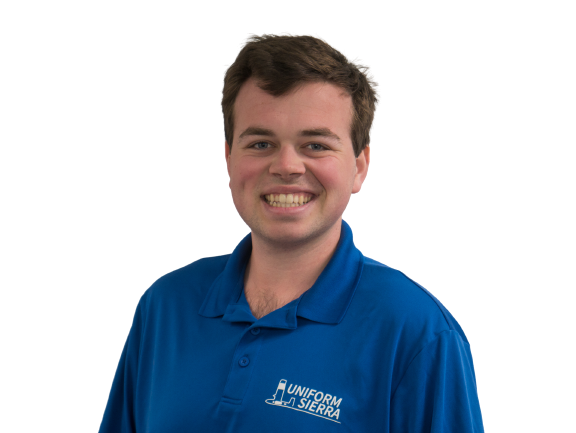
Duncan Mulgrew
CEO, Uniform Sierra
Duncan has been building and flying sUAS for close to 10 years and has accumulated over 2,500 remote flight hours spread over hundreds of systems. He has built over 100 unique aircraft and operated them around the country. Duncan has experience working with Military, Government, and Industry groups on different UAS based projects and research. Before founding Uniform Sierra with Jeremy Frederick he designed and built custom sUAS systems for a range of clients, and raced FPV drones competitively. Duncan currently holds a FAA part 107 remote pilot certificate and a private pilot’s certificate. He attended Purdue University from 2018 to 2022, where they obtained a Bachelor of Science degree in Unmanned Aerial Systems
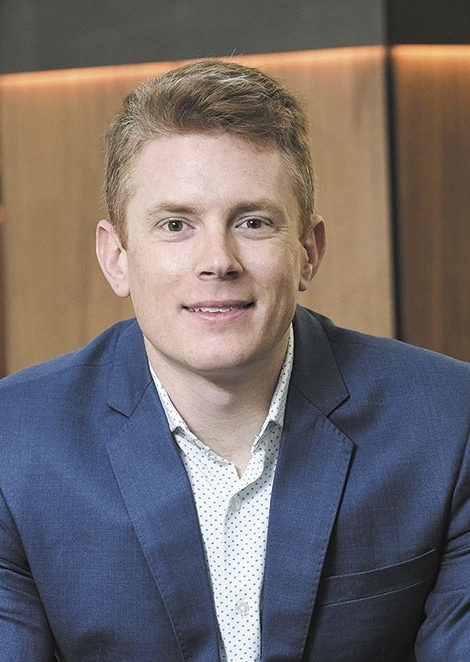
Aaron Pierce
CEO, Pierce Aerospace
Aaron Pierce was the Entrepreneur in Residence for the first Techstars Air Force Accelerator. He has a background in public safety – including as a volunteer EMT & UH-1H Huey crewmember. He is a UAS pilot with extensive policy and operational experience. He has mentored US Army Futures Command and SOCOM C-UAS hackathons, guest lectured on Remote ID / Combat ID at the Eisenhower School for National Security, and regularly presents on dual-use technology development. He’s been twice nominated as Indiana’s Entrepreneur of the Year, was awarded Forty under 40 by the Indianapolis Business Journal and AFCEA, and is a Mitch Daniels Leadership Fellow. He serves as AUVSI Indiana’s President and is a member of the FAA’s Detection and Mitigation Advanced Rulemaking Committee.
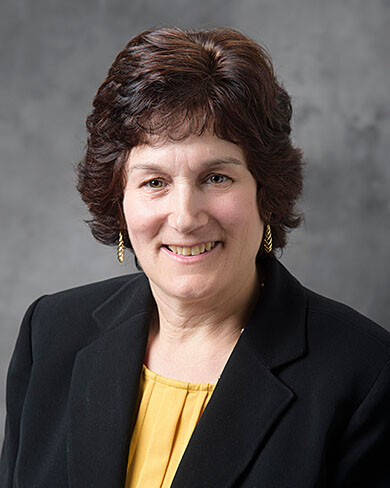
Karen Plaut
Executive Vice President for Research, Purdue University
Dr. Karen Plaut became Executive Vice President for Research at Purdue University in January 2023. Overseeing an expanding $600 million research enterprise, Dr. Plaut is responsible for university-wide strategic initiatives and bringing together researchers and resources across traditional academic boundaries to drive interdisciplinary discoveries with societal impact.
She joined Purdue in 2010 as associate dean for research for the College of Agriculture and later became dean. A researcher at heart, Dr. Plaut has approximately 100 publications focused on mammary gland biology and has received funding from USDA, NIH, NSF, and NASA. Dr. Plaut earned her BS from the University of Vermont, MS from Pennsylvania State University and PhD in animal science from Cornell University. Following a postdoctoral fellowship at the National Cancer Institute at NIH, she led mammary gland biology and breast cancer research at the University of Vermont.
She served NASA as lead scientist for the International Space Station Biological Research project working with engineers to build life science habitats for zero gravity. Space shuttle mission (STS-70) included her research investigating changes in mammary metabolism in rats.
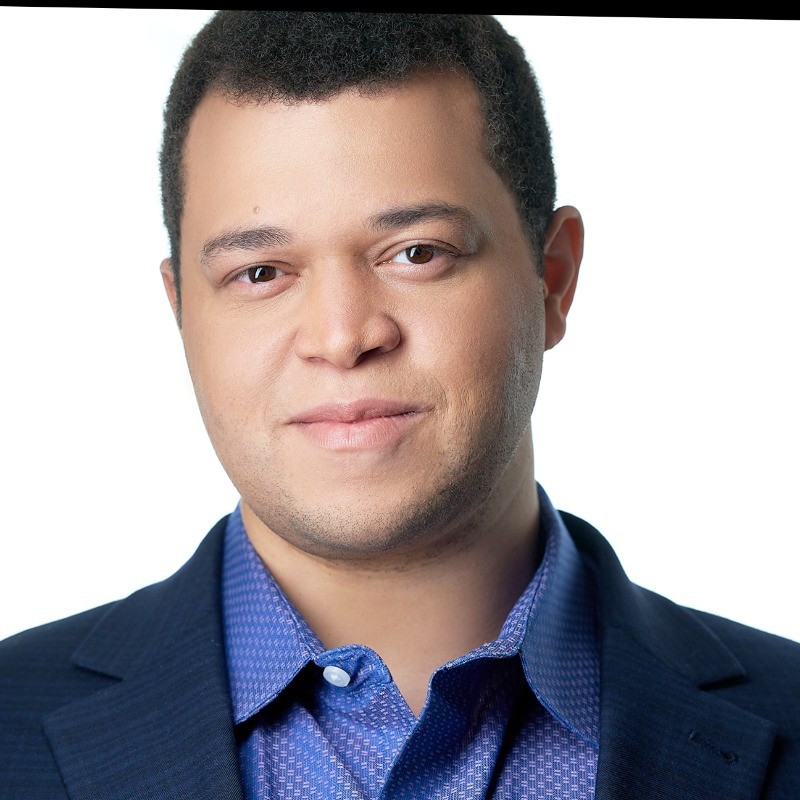
Ian Randall
CEO, MagLev Aero
Ian is an experienced engineer and innovator with a background in Aeronautical and Electrical Engineering from Purdue University. He has lead engineering teams in robotics, drones, and electrified vehicles which led to the technical expertise and orientation that sparked MagLev Aero’s radical approach to Urban Air Mobility. He has over 25 issued patents internationally. Before founding Maglev Aero, he worked a the Software Engineering Intern at Stratus Technologies.
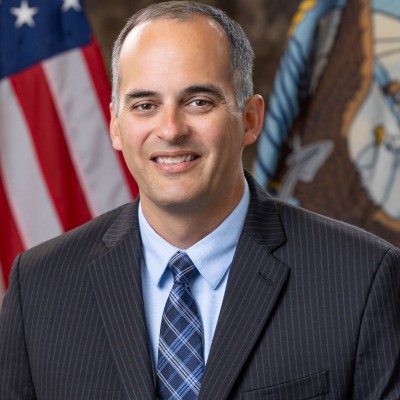
Clinton R Seyer
Director, Rapid Integration & Mission, Experimentation Centre, Naval Surface Warfare Centre, Naval Sea Systems Command
Mr. Clint Seyer is currently serving as the director of the Rapid Integration & Mission Experimentation Center focused on rapid technology assessment, integration, and experimentation to deliver needed warfighter capabilities.
Mr. Seyer has handled engineering and Management for the Chemical-Biological/Explosives Detection Systems Branch, supported the Joint Counter Remote Controlled Improvised Explosive Device Electronic Warfare (JCREW) systems, and he has led the development and execution of strategies that enhanced Crane’s position as an indispensable leader in Naval Electronic Warfare.
In 2019, Mr. Seyer was chosen to serve as the Division Manager for the Expeditionary Electronic Warfare Division. The division supports EW systems countering a variety of commercial wireless threats such as drone’s and improvised explosive devices.
Mr. Seyer holds a Bachelor’s Degree in Chemical Engineering from The Georgia Institute of Technology and has completed a Master’s Degree in Public Administration from Indiana University. He has completed DAWIA Certification in Defense Acquisition Workforce, Systems Research and Development Planning and Engineering Level III, and he holds a Six Sigma Black Belt.
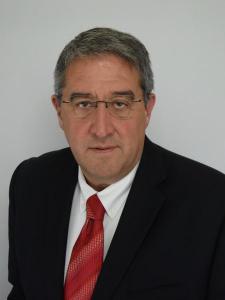
Scott Shearer
Professor and Chair, Food, Agricultural and Biological Engineering, The Ohio State University
Dr. Scott Shearer is Professor and Chair of Food, Agricultural and Biological Engineering at The Ohio State University. Previously he was Chair of Biosystems and Agricultural Engineering at the University of Kentucky.
Highlights of his research career include development of methodologies and controls for metering and spatial applying crop production inputs (seed, fertilizer and pesticides); modeling of agricultural field machinery systems; autonomous multi-vehicle field production systems; strategies for deployment of UAS in agriculture; and analyses of production agriculture data sets. He has led research supported by over $12M in grants and has authored more than 200 technical publications. Dr. Shearer is a Fellow of the American Society of Agricultural and Biological Engineers.
Dr. Shearer received his Ph.D. in agricultural engineering from The Ohio State University (OSU) in 1986.
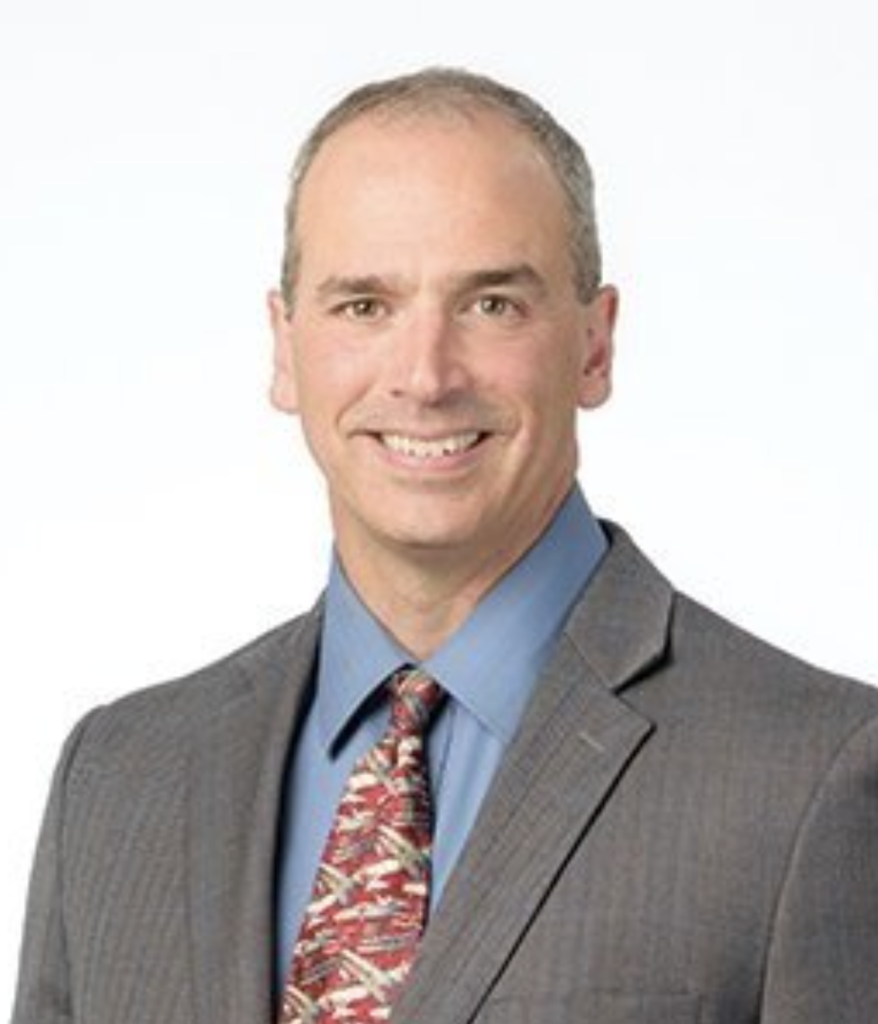
Kyle Snyder
Principal, Best Autonomous Insights
Kyle is the Principal Consultant for the Best Autonomous Insights Practice inside Michael Best Consulting. He is based out of the Raleigh, North Carolina office, but supports clients nationwide. Kyle majored in Math and Computer Science with a History minor at Catawba College. He followed that with a Math Masters from the University of Tennessee Space Institute. Years later, he added an Aerospace and Defense MBA from the University of Tennessee to focus on product development and commercialization. Combining his education foundation with PMI project management certification and 25 years of experience, Kyle has demonstrated the ability to take new technologies with challenging paths to success from concept to operational deployment.
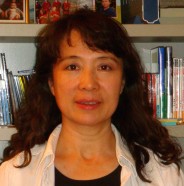
Carol Song
Chief Scientist RCAC, Purdue University
Dr. Carol Song is the Chief Scientist of Purdue University’s Rosen Center for Advanced Computing, where she leads research collaboration efforts with the campus and nationwide. She is the PI of Anvil, a new large-capacity national computational system funded by the National Science Foundation in 2020, continuing her leadership in High Performance Computing, including the TeraGrid, and XSEDE 1 & 2 projects since 2006.
She has led and collaborated in many data infrastructure projects, including NSF-funded Data Interoperability, CI-TEAM, SDCI, SI2, DIBBs, Cybertraining projects, and a $5M NSF CSSI grant to develop a reusable, plug-n-play data framework, GeoEDF, to make large geospatial scientific datasets readily usable by domain scientists.
Dr. Song received her Ph.D. in Computer Science from the University of Illinois.
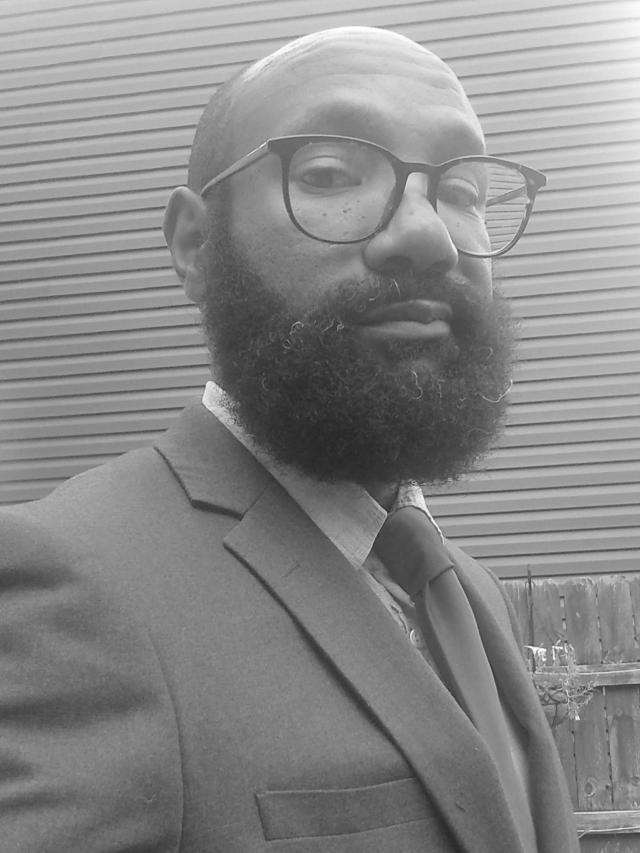
Christopher Stewart
Professor, Computer Science and Engineering, Ohio State University
Dr. Stewart is an Associate Professor in the Computer Science and Engineering Department at The Ohio State University. He leads the ReROUT Lab where students build cutting-edge research systems, transfer them to industry and served under communities and celebrate diverse, intellectually enriching backgrounds. The lab conducts REsearch that Reaches OUT by bringing data-driven precision agriculture systems to local farmers, renewable powered data centers to companies like HPE and Microsoft and novel STEM learning platforms to over 1500 students in Columbus area schools. Dr. Stewart is an Eminent Engineer in the Tau Beta Pi Honor Society and has been recognized as a Rising Star by the Central Ohio Tech Power Players community. He is a recipient of the NSF CAREER Award and has been recognized as a leading African American in web technology by Revision Path.
His research accomplishments span multiple fields with award winning papers in forums ranging from performance modeling to computer networking to sustainable systems engineering and invited seminars to internationally renowned groups working in distributed computing systems, computer architecture, precision agriculture, smart cities and translational data analytics. He was the founding Chief Editor of the Sustainable Computing Register, the regular publication of the IEEE STC on Sustainable Computing.
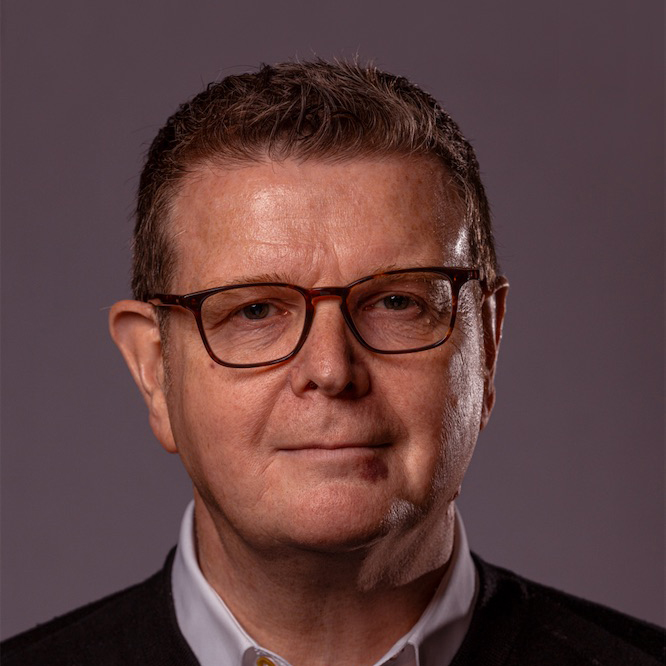
Simon Thompson
CEO, Windracers Group Inc.
As CEO of Windracers Group, Simon focuses on design, product R&D, fundraising, strategic partnerships and global growth of the company. Simon was CEO of Royal Mail and has held senior leadership roles across multiple industries in global companies such as Apple, Honda, HSBC and Motorola.
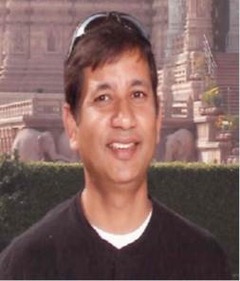
Devesh Upadhay
AI/ML Lead Skapa, SAAB
Dr. Devesh Upadhyay is the Technical Director and Chief Scientist for AI/ML and Autonomy at Saab-Skapa, a technology innovation and acceleration hub within Saab Inc. In this role Devesh is spearheading the digitalization efforts within Saab as the company realigns itself for delivering next generation solutions in Autonomy, Engineering and Manufacturing by leveraging AI/ML, Data and other emergent technologies.
Some current efforts include projects in collaboration with Purdue (RefleXAI, TSUNOMI), the development of a variety of multidomain autonomous systems, a multi-modal massive sensor fusion platform MDA (maritime domain awareness), as well as developing Responsible and Ethical AI methods and benchmarking tools. One current, very cool, project is the development of a fully autonomous surface vessel (check out the SAAB CB-90).
During his time at Ford Research, Devesh pivoted to Machine Learning when he was asked to establish Ford’s research vision for AI/ML and Quantum Computing. Between 2017 and 2023 Devesh led the growth of the “Core AI/ML/QC” team and in the creation of a diverse industrial AI/ML/QC R&D portfolio.
Devesh is a serial inventor and publishes regularly and is very passionate about other causes, Climate, Energy, Environment, and the Responsible/Ethical use of emergent technologies. Devesh remains actively engaged with academia and professional bodies like IEEE, ASME, SAE and ISO and in standard and rulemaking.
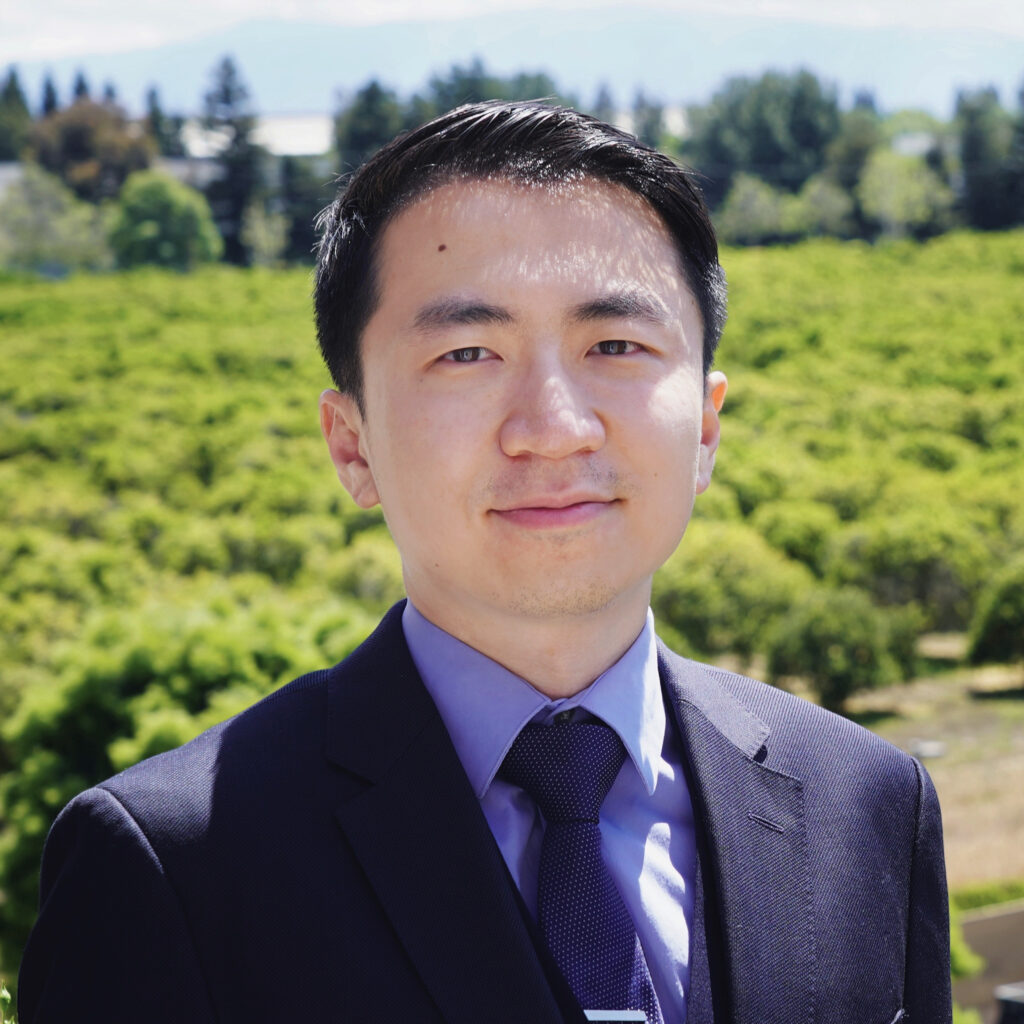
Ziran Wang
Assistant Professor at College of Engineering, Purdue University
Dr. Ziran Wang is currently a Tenure-Track Assistant Professor at the Purdue University College of Engineering, part of the Autonomous and Connected Systems Initiative and the Lyles School of Civil Engineering. He leads the Purdue Digital Twin Lab (we are hiring), which aims to build digital replicas of real-world entities based on AI, big data, cloud/edge computing, and mixed reality.
Dr. Wang was a Principal Researcher at Toyota Motor North America R&D – InfoTech Labs, where he led the Digital Twin Roadmap. He received his Ph.D. from the University of California, Riverside, with his dissertation “Developing Agent-Based Distributed Cooperative Vehicle-Infrastructure Systems in the Connected and Automated Vehicle Environment”, and is an author of 60+ refereed papers and 50+ patent applications.
His research achievements have been demonstrated at the Consumer Electronics Show (CES), and acknowledged by the National Center for Sustainable Transportation Dissertation Award issued by the U.S. Department of Transportation, and by the SAE Vincent Bendix Automotive Electronics Engineering Award and the SAE Arch T. Colwell Merit Award.
